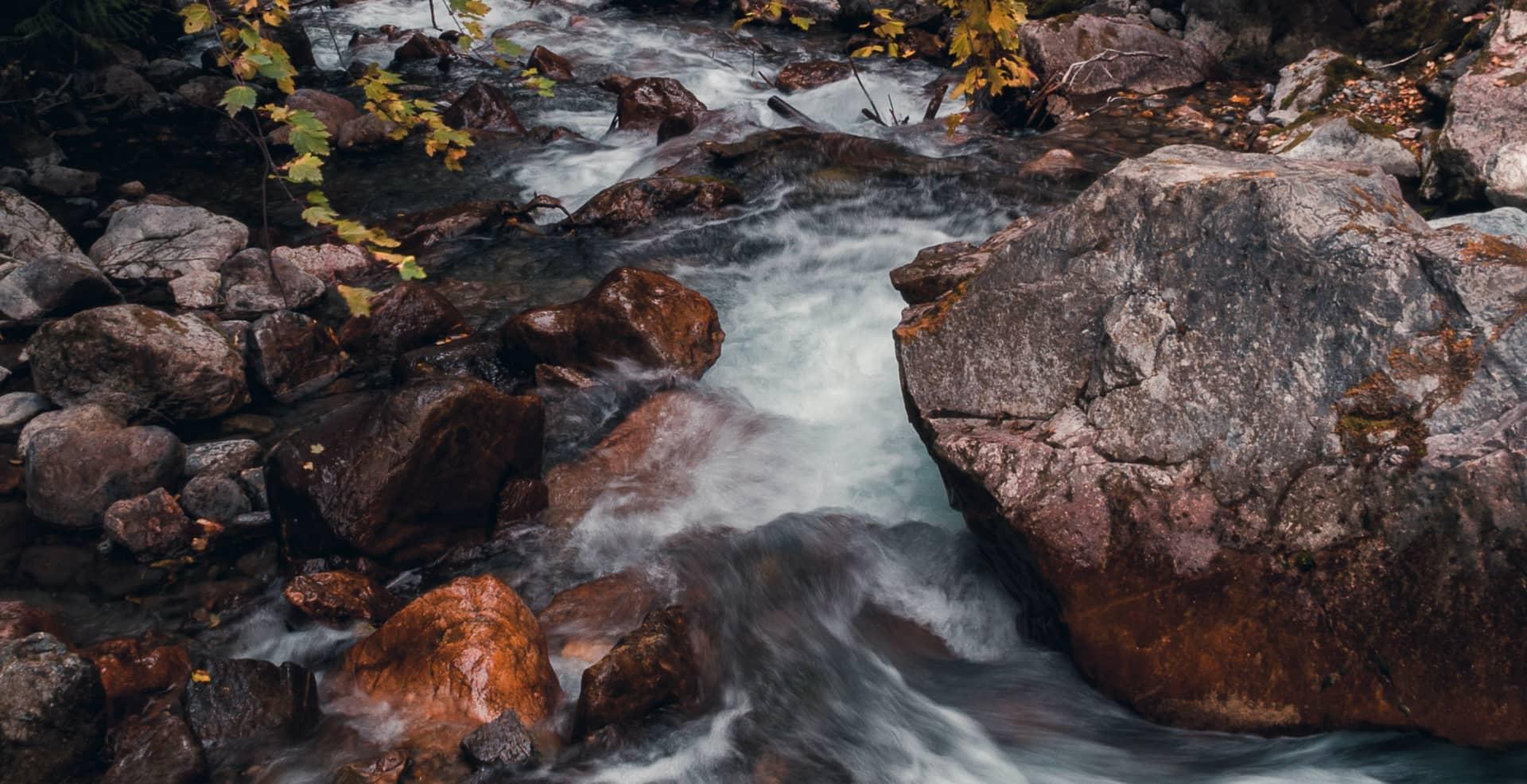Natural mineral water comes 100% from underground reserves, bearing nature’s own original purity! It contributes, through its beneficial properties, to our quality of life and to human health.
The different types of water
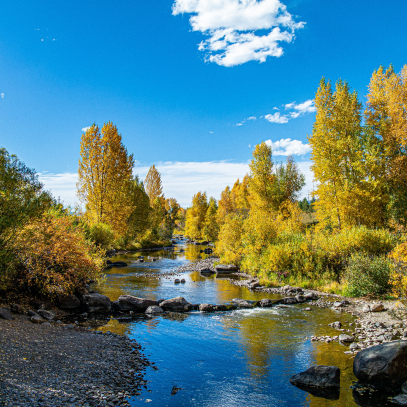
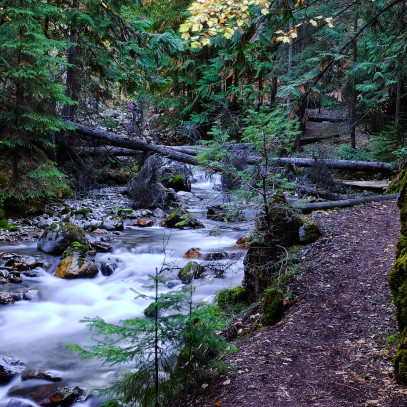
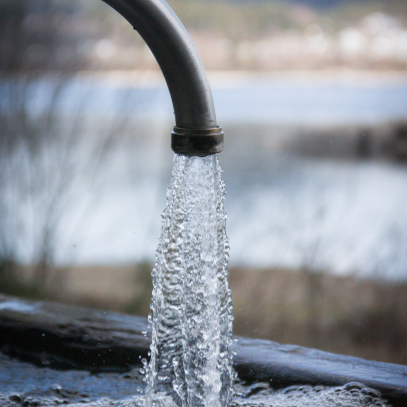
Water is not just water; there are different types.
So-called “natural” waters, such as natural mineral water and spring water, pass from the subsoil to the bottle in their natural state. Other waters, such as tap water, must first be chemically treated before being drinkable; totally different from pure natural mineral water which may, in some cases, offer beneficial health effects.
Download our PDF guideNatural mineral water: original and unique purity
Natural mineral water comes exclusively from groundwater. Only the earth has played the natural role of filter! The water cannot be chemically treated and it has a stable mineral composition, which can give it beneficial health effects.
The “natural mineral water” label
Water is recognised as natural mineral water by the public health authorities, not only based on its mineral salt content but according to compliance with specific criteria:
- Natural mineral water is 100% of underground origin
- It has an original purity that comes from nature itself
- It is not, cannot, and should not be chemically treated
- It has a stable and unique mineral composition
- The source is protected against any risk of pollution
- It can offer beneficial health effects
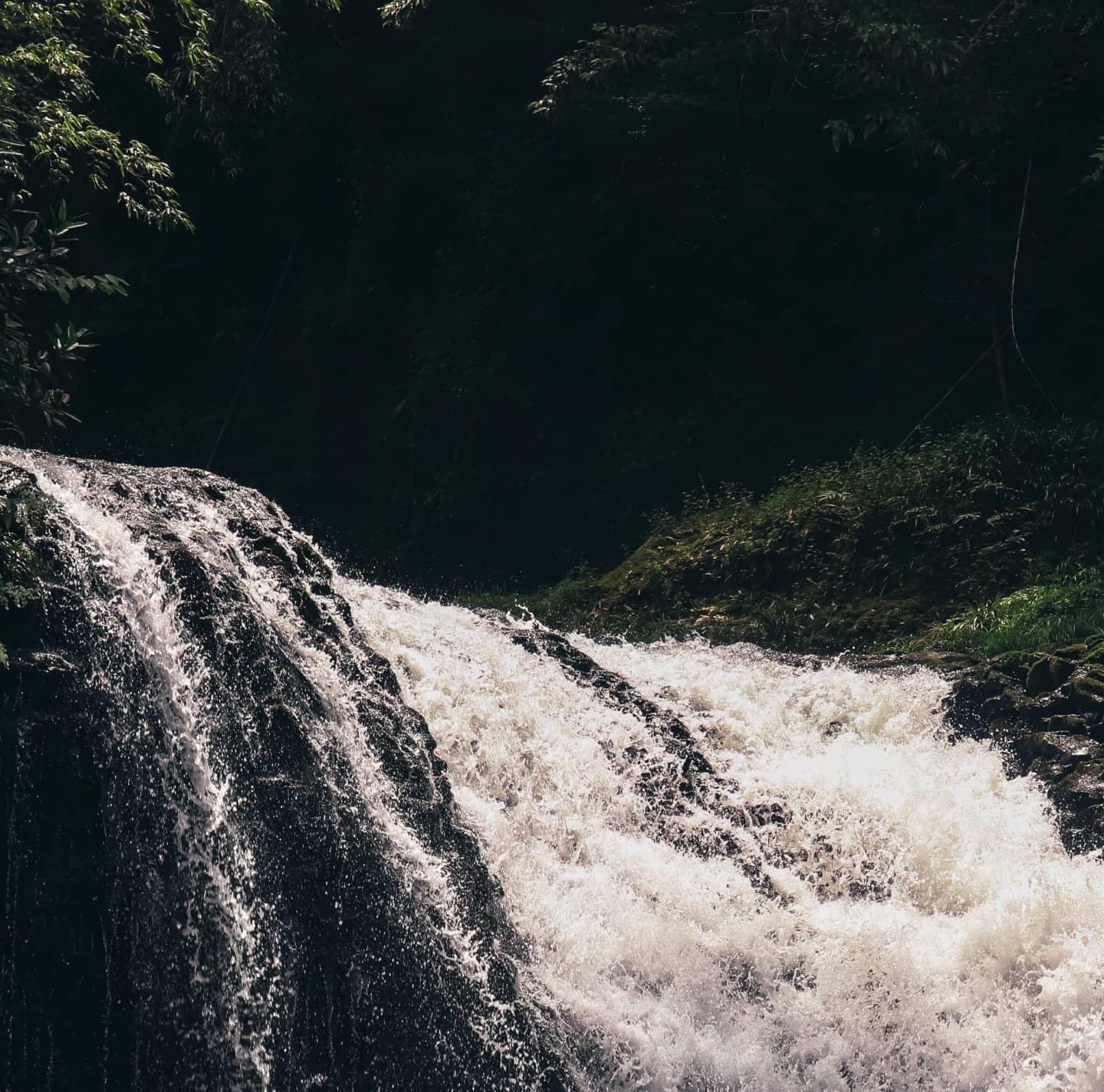
Nature in a bottle
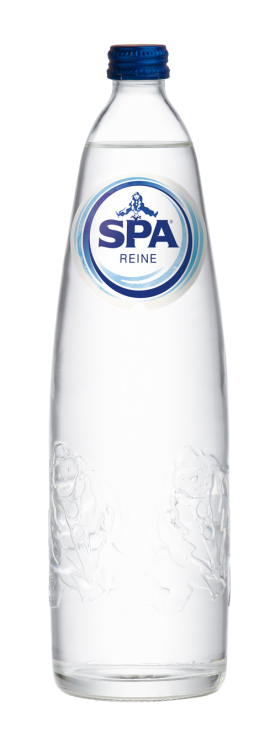
Legislation requires that natural mineral water must be bottled at the source. This rigorous source protection ensures that the mineral water our grandchildren will drink in 50 years will be exactly the same as the water we drink today: pure and natural! No other type of water can claim to have the same purity and minerality.
Discover our sustainability initiativesOffer products in their region of origin
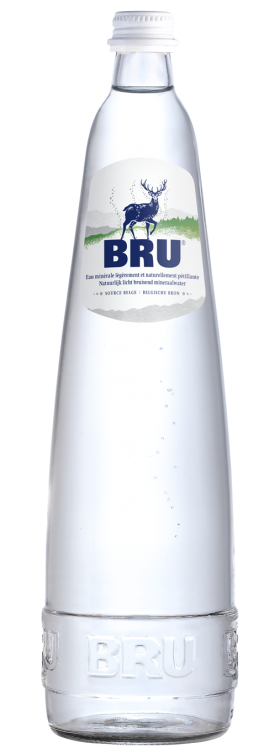
In practice, Spadel could sell its waters in New York, but the further away from its catchment area, the more the product becomes a luxury product with a very large carbon footprint. Our ambition is to have products that are regionally well established, with reduced environmental footprints. When you drink water or lemonade from one of the brands of the Spadel group, you are participating in the economy of a region, a country.
National organisations we work with

Fédération Royale de l'Industrie des Eaux et des Boissons Rafraîchissantes (FIEB-VIWF)
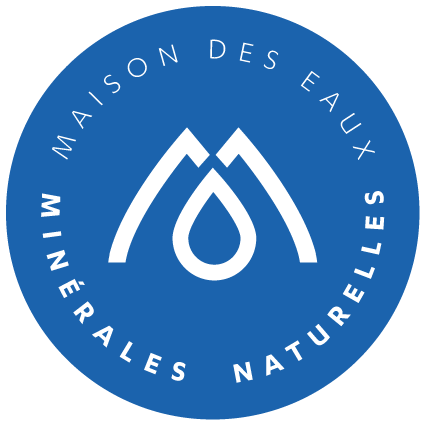
Maison des Eaux Minérales Naturelles (MEMN)

Nederlandse Vereniging Frisdranken, Waters, Sappen (FWS)

Bulgarian Soft Drinks Association (BDSA)
Water and environmental impact
Spadel's excellent reputation in the field of sustainability is the result of a long-standing commitment firmly anchored in our DNA, and the recognition of our many concrete actions.
The heart of our business consists of making every effort to ensure rigorous protection of our sources in order to guarantee pure mineral water of constant quality. This commitment permeates all levels of the company.
Learn more about our initiative Source of Change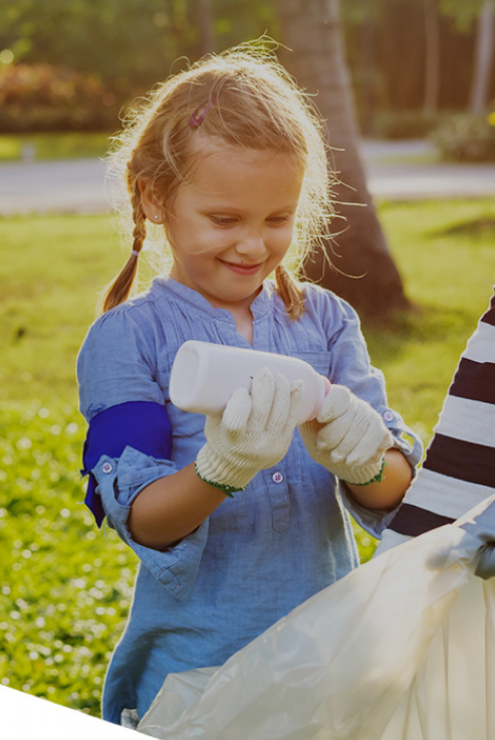
Protection of catchments
Watch our video exploring the Spa water protection area’s unique biodiversity, thanks to bees.
In Spa, for example, this desire for preservation began in 1772 and the first protection perimeter in Belgium was created there in 1889. This protection area has continued to expand, reaching today an area of 13 177 hectares (26,350 football pitches), making it one of the largest aquifer protection areas in Europe.
This protection not only preserves water heritage, but also biodiversity in the area.
FAQ about natural mineral water
What do you know about the water you drink?
Spring water meets the same standards at the source as tap water after treatment. The composition of spring water can show variations in its mineral levels. A brand of spring water can come from different sources that are geographically very distant from each other. The characteristics and taste of spring water marketed under the same brand are therefore not always the same.
Natural mineral waters can be consumed daily and by the whole family. It is especially recommended for infant nutrition and low salt diets. With natural mineral water there are no unpleasant surprises or risks of impurities, and you can rely on guaranteed food safety. For highly mineralised waters, read the mineral composition on the bottle label.
Mineral water and tap water are two completely different products. There is a European legal obligation to bottle natural mineral water at the source to guarantee its purity and quality, from the source to the consumer, in order to have the chance to drink pure untreated water with a characteristic and refreshing taste (without chlorine). Bottled water provides a convenient way to stay hydrated throughout the day. Mineral water is also a vital resource in an emergency, or in the event that tap water becomes unsafe for drinking.
It goes without saying that the quality of the water we drink influences our health. If we drink 1.5 litres of water a day for 70 years, that amounts to 40,000 litres of water flowing through our bodies. It seems logical to go for high purity and quality water (without chemical treatment), and these are precisely the unique characteristics of natural mineral water. Natural mineral water (100% used as a drink) and tap water (only 1% used as a drink, 99% for body care, washing, and other uses) are totally different and even complementary. With non-sparkling, slightly sparkling or sparkling natural mineral waters, the consumer has a wide range of options in terms of composition and taste. Most consumers opt for bottled mineral water over tap water or spring water. This choice is explained by the reliable taste, the stable composition and the absence of any chemical and microbiological treatment.
False! This is misleading. Tap water has to be chemically treated to make it drinkable and to comply with more than 50 drinking water standards. Natural mineral water has original purity and therefore does not need to be treated. However, to obtain the “natural mineral water” label from the Ministry of Public Health, it must also be checked against more than 50 parameters.
This isn’t the case - no filter can create water that’s as pure, natural and mineralised as natural mineral water. Filtered water is not pure water since it has already been chemically treated! A filter will remove the chlorine, which is tap water's only protection against microorganisms. In addition, chlorine residues can still remain in the water. Finally, the accumulation of microorganisms in the filters creates a nest of bacteria which can be harmful if the filters are not replaced regularly.
No. The use of a mineral spring is done with full respect for nature and in symbiosis with local biodiversity. We take water only from the renewable part of the aquifer to avoid any risk of overexploitation and alteration of underground bodies.
Bottled water is often wrongly criticised for its packaging. Our packaging is environmentally friendly, and all of our plastic (PET) bottles are 100% recyclable. The recycled material is used for the manufacture of new bottles or, where appropriate, for clothing, rugs, garden furniture, etc - so the waste is reused. And remember that with an 89% collection and recycling rate of PET bottles, Belgium is one of the best examples in Europe. In thirty years, we’ve reduced the weight of the Spa® Reine bottle by nearly 50%. And since 2020, all products sold by the Spadel group are carbon neutral, from source to consumer - a first in Europe for a mineral water company. All these efforts have significantly reduced both the raw materials used and the ecological footprint.
Legislation requires the bottling of natural mineral water at the source. In other words, bottlers cannot relocate their factories to reduce transport distances. But on the Belgian market, most bottles of water come from local producers such as Spadel (Spa® and Bru® natural mineral waters).
An objective price comparison is impossible because mineral water and tap water are two completely different products. The price of mineral water is linked to draconian protective measures to ensure water of constant purity and quality. Next, in Belgium the price includes a high proportion of taxes (including ecotax) which represents nearly 25% of the sale price. But is an average price of €0.50 per litre really expensive for an essential and pure staple food like natural mineral water? At that price, mineral water is probably the cheapest health food you can find on the market!
